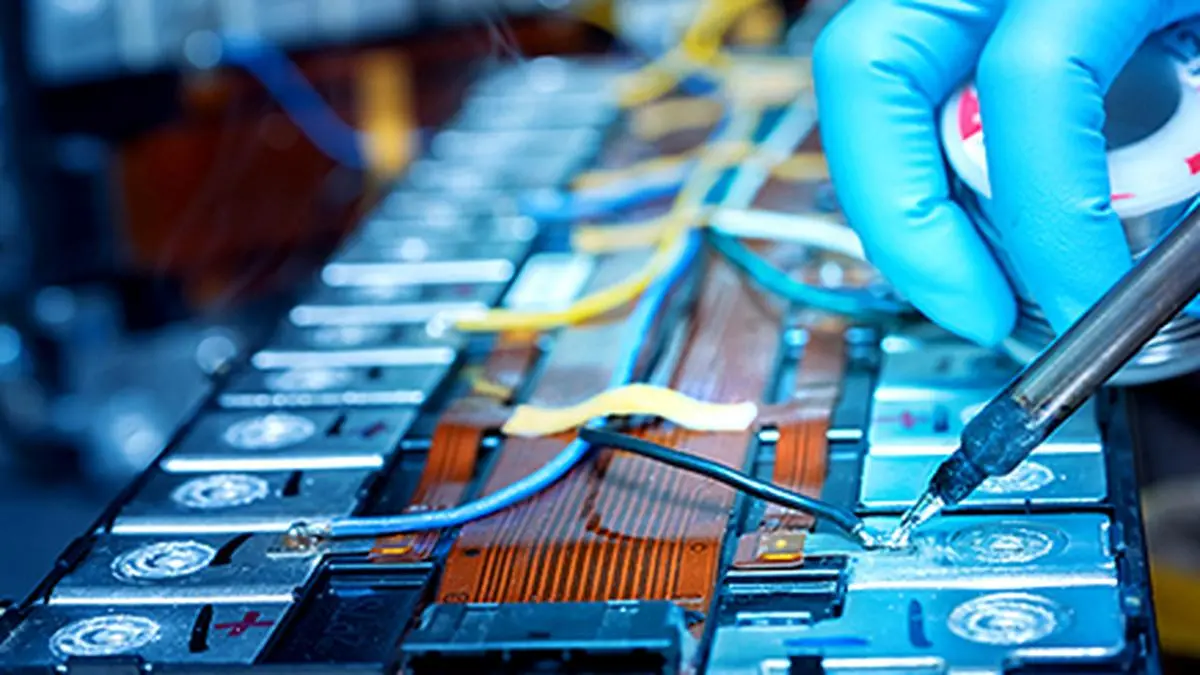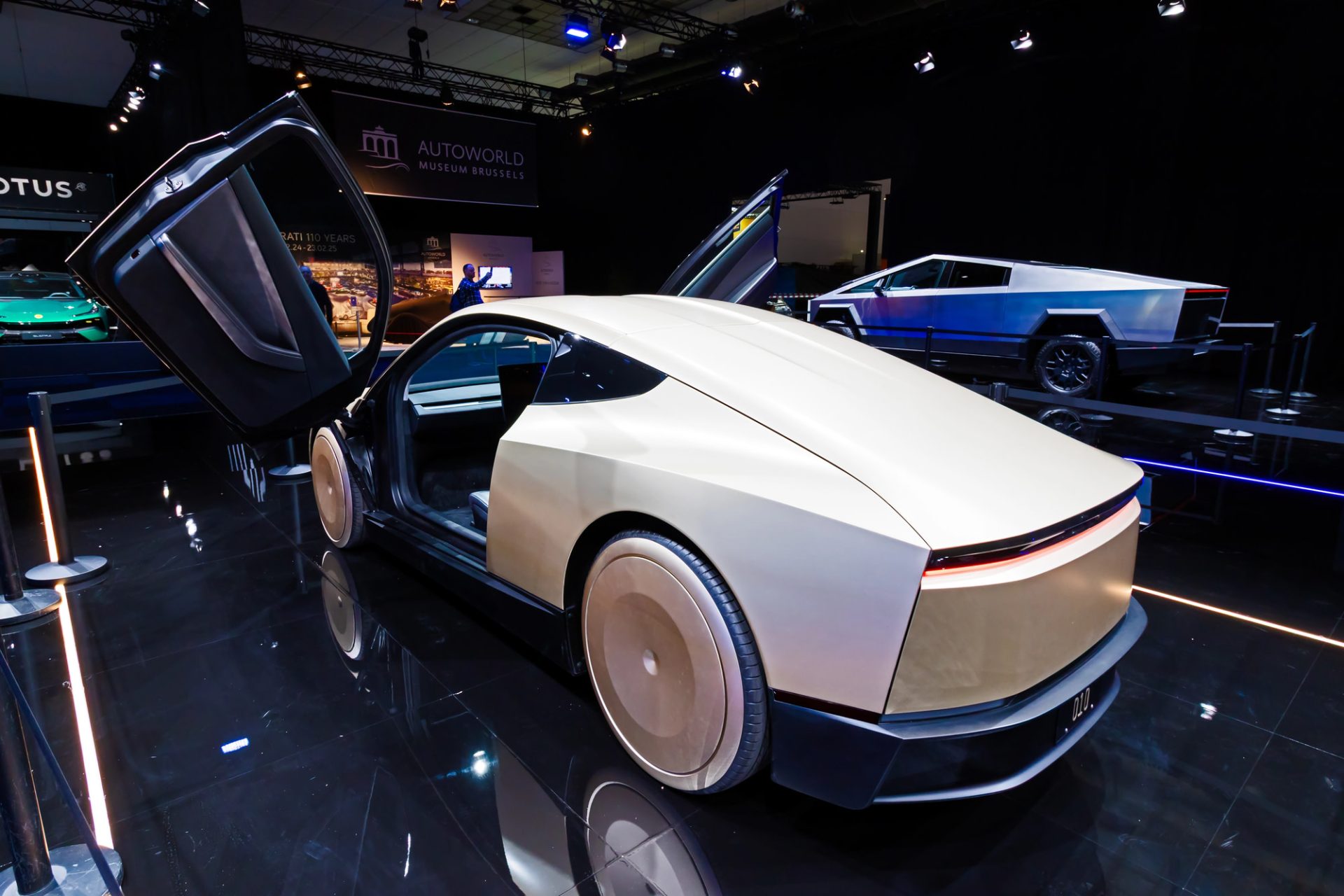Beyond Lithium: Indian Energy Experts Call for a Diversified Battery Tech Future

For years, lithium-ion batteries have dominated the energy storage landscape, powering everything from smartphones to electric vehicles. However, India's unique circumstances – vast landmass, diverse energy needs, and ambitious renewable energy targets – necessitate a more nuanced approach. Reliance solely on lithium-ion presents several challenges, including supply chain vulnerabilities, raw material costs, and environmental concerns related to mining.
The Lithium Limitation: Why India Needs Alternatives
Lithium, a key component in lithium-ion batteries, is primarily sourced from a limited number of countries, creating geopolitical risks. Fluctuations in lithium prices can significantly impact the cost of energy storage projects. Furthermore, the extraction of lithium can have environmental consequences, including water depletion and habitat destruction. India, with its commitment to sustainable development, cannot afford to overlook these issues.
Emerging Battery Technologies: A Glimpse into the Future
Fortunately, a wave of innovation is driving the development of alternative battery technologies. Here's a look at some promising contenders:
- Sodium-ion Batteries: Utilizing abundant sodium, these batteries offer a potentially cheaper and more sustainable alternative to lithium-ion. They are particularly well-suited for stationary energy storage applications.
- Solid-State Batteries: These batteries replace the liquid electrolyte with a solid material, enhancing safety, energy density, and potentially lifespan. They are considered a key technology for next-generation electric vehicles.
- Flow Batteries: Ideal for grid-scale energy storage, flow batteries store energy in liquid electrolytes, allowing for independent scaling of energy and power.
- Metal-Air Batteries: These batteries, using oxygen from the air as a reactant, offer exceptionally high energy density, but face challenges in terms of lifespan and performance.
India Energy Storage Week: A Catalyst for Change
India Energy Storage Week (IESW) has emerged as a crucial platform for showcasing these advancements and fostering collaboration between industry stakeholders, researchers, and policymakers. The event provides a vital space to discuss the challenges and opportunities associated with adopting these new technologies.
Challenges and Opportunities
While the potential of these alternative battery technologies is significant, several challenges remain. These include scaling up production, reducing costs, and ensuring long-term performance and reliability. However, these challenges also present opportunities for Indian companies to innovate and establish themselves as global leaders in the energy storage sector. Government support, through policies and incentives, will be crucial to accelerating the adoption of these technologies.
A Diversified Future for India's Energy Storage
The consensus is clear: India's energy storage future will not be solely reliant on lithium-ion batteries. A diversified approach, embracing a range of technologies, is essential to meet the nation's growing energy demands while ensuring a sustainable and secure energy future. India Energy Storage Week provides a vital springboard for this transition, bringing together the expertise and collaborations needed to drive innovation and accelerate the adoption of next-generation battery technologies. The time to move beyond lithium is now.






